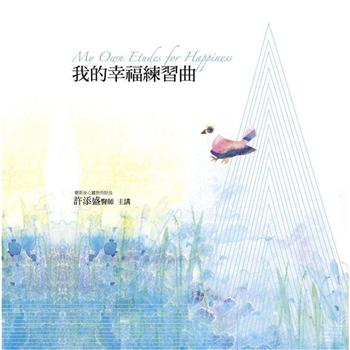This edited volume explores the role of education in the process of European cooperation and integration as it has been conceived and realized in the late 20th century and the early 21st century, as well as the mirror of this narrative: the effects of the European integration process on education.
Through this dual analysis, the contributors reflect on the concept of Europeanization by showing the complex interplay between Europeanization through education and Europeanization of education. Part I offers a critical overview of the actors, spaces, actions, and pedagogies designed to promote the European project and build Europeans. Part II examines how work done on the European continental level has impacted the educational sphere and national education systems. The case studies cover a wide range of international institutions (College of Europe, European Schools, European Centre for Culture, European University Institute), international organizations (EC/EU, OEEC/OECD, Council of Europe, UNESCO), and transnational actors (European Trade Union Committee for Education, European Federation of Education Employers), providing interdisciplinary insight into how this dialectic contributed to shape Europe as a whole.
This book will be of interest to graduate and postgraduate students, teachers, and researchers of international cultural relations, Europeanization, and education from a transnational perspective.












